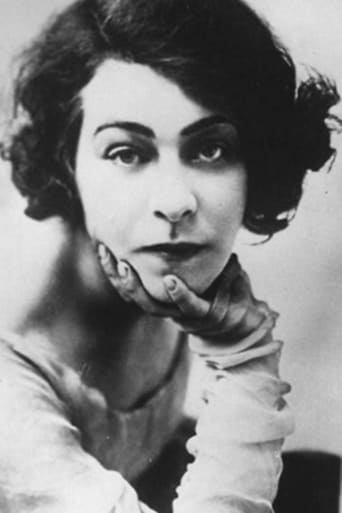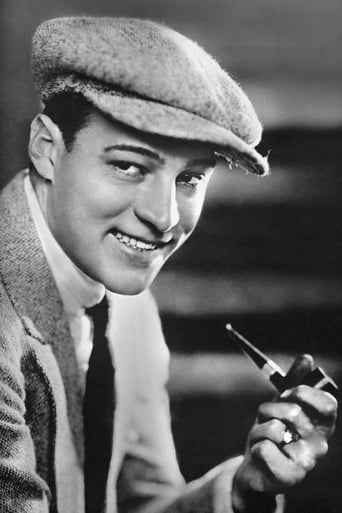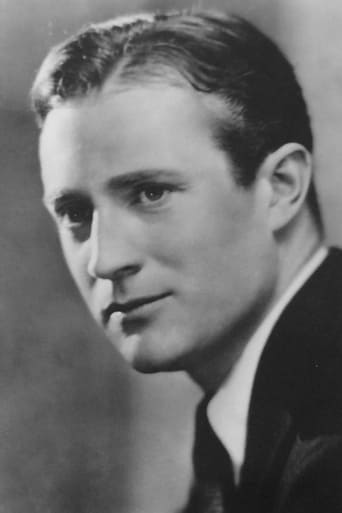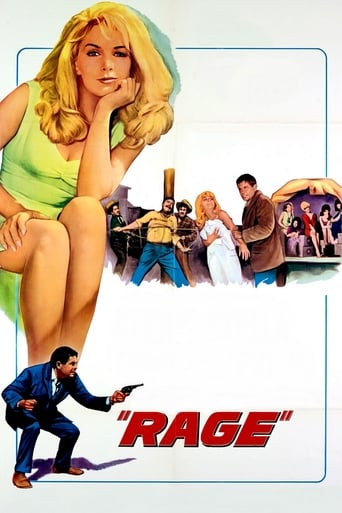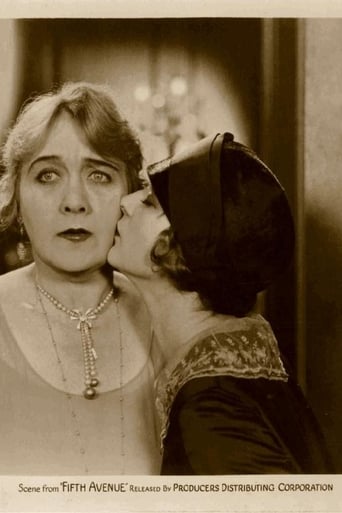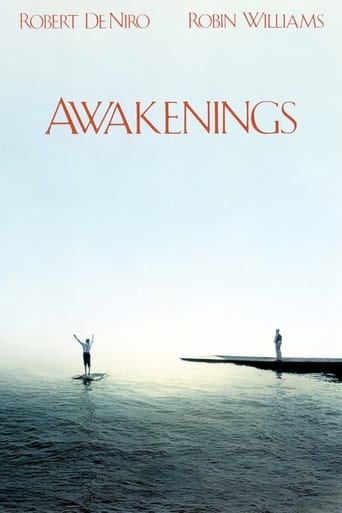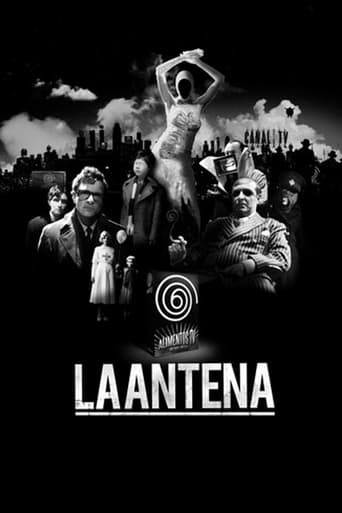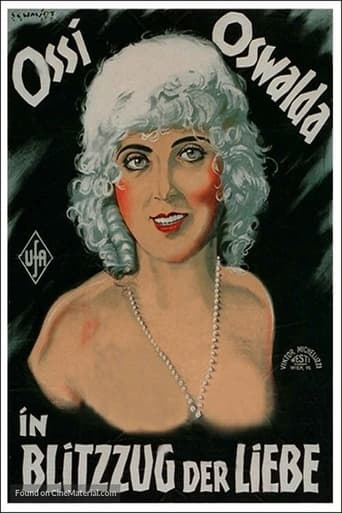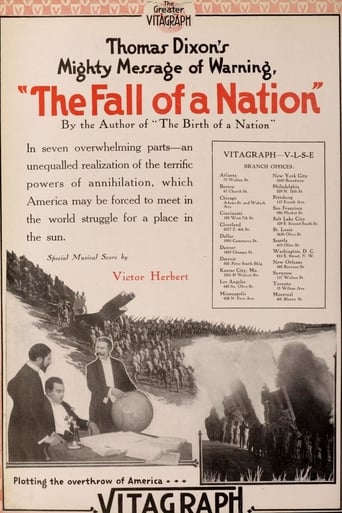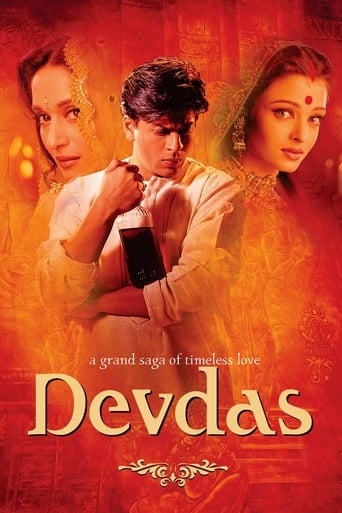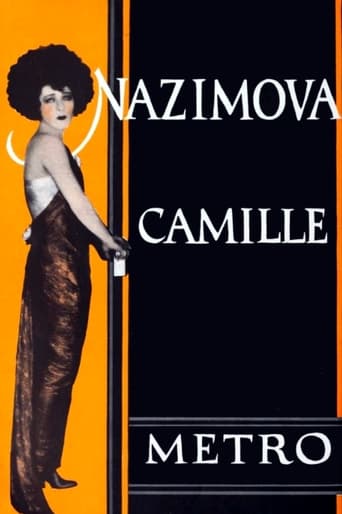
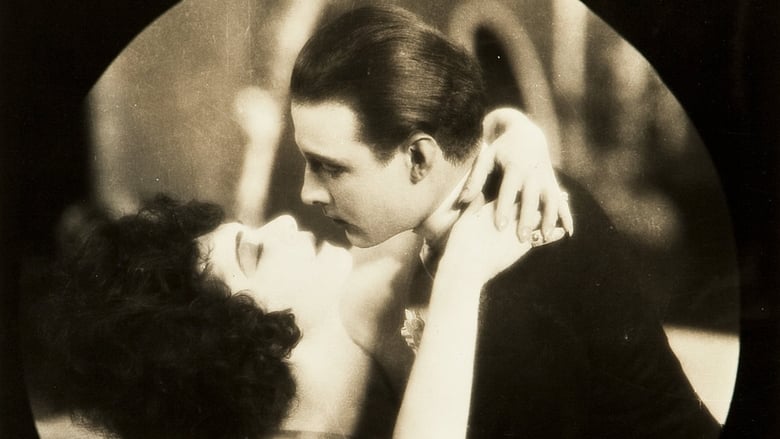
Camille (1921)
Camille is a courtesan in Paris. She falls deeply in love with a young man of promise, Armand Duval. When Armand's father begs her not to ruin his hope of a career and position by marrying Armand, she acquiesces and leaves her lover. However, when poverty and terminal illness overwhelm her, Camille discovers that Armand has not lost his love for her.
Watch Trailer
Cast


Similar titles
Reviews
Alla Nazimova is probably an acquired taste, as her appearance in 'Camille' (that poofy hair!) and her overly dramatic emoting create quite a combination. (Perhaps she's like blue cheese, strong, will make you sit up and take notice maybe not always in a good way, but somehow grows on you but I digress.) Together with heartthrob Rudolph Valentino, the film tells the story of the doomed love affair between a young law student and a society woman who is kept by rich suitors. There are some scenes that are touching and others that are too drawn out, but the Art Deco set designs from Natacha Rambova (who would later marry Valentino) are fantastic throughout, and the biggest reason to see the film. The story itself and the acting aren't going to blow you away, but it's watchable despite its unevenness.
Alla Nazimova stars in the title role of this film which was newly scored by Peter Vantine, winner of TCM's Young Composers Competition.In this classic story, Armand (Rudolph Valentino) is captivated by the young woman of chance, Camille (Nazimova), who is being escorted by men of wealth. As she descends a staircase, he is introduced to her by his boyhood pal Gaston (Rex Cherryman). She is amused by this "boy", makes some crack about him, and continues on with her admirers. An older woman, Prudence (Zeffie Tilbury), who is used to picking up Camille's strays, brings the two young men to a party at Camille's house.There, Camille is courted by all the men of wealth, to whom she says "not until you put a jewel in my hand" before she will "entertain" their interests. Armand, however, has been struck by her beauty and fallen in love with her. He follows her around like a puppy dog as she makes fun of him. She also entertains the party with song and poetry. A friend of hers, Nichette (Patsy Ruth Miller), from when Camille used to work in a dress shop, visits and she meets Gaston. Then she has a coughing fit, she is sick (with tuberculosis, if I remember the story correctly), and goes to her room where her maid Nanine (Elinor Oliver) tells her she should see a doctor. No one else seems to care and the party continues. Armand cares and enters her room where she tells him about herself, the kind of woman she is. He doesn't care about that, he can't seem to help loving her. She discharges the rest of the people from her apartment in anger, and their romance begins.They go to the country where spring has sprung and, with his love, Camille's health improves. Armand reads to her a classic book, Manon Lescaut, he has given her as a gift. It's about an officer who gives up everything for his love of a peasant girl. She takes the story to heart. Gaston and Nichette arrive and we learn that Gaston has a job and is trying to earn enough money to be able to marry Nichette. All seems well until the summer arrives and Camille's past has caught up with her. She is near destitute and about to sell all of her possessions. Armand's father arrives to tell Camille that he will not tolerate a scandal and that she must give up his son. He convinces her of this by telling her than Nichette and Gaston will be unable to marry unless she does, and says she must keep this promise until the end of the year when they do. Also, she refuses to be the downfall of Armand as the peasant girl was in the book. So she returns to the Count (Arthur Hoyt) who had "kept her" before she met Armand.Armand's and Camille's "ships" (automobiles) pass in the night, literally, as she returns to her old life in the city and he learns of it, alone. Armand then returns to the city and becomes a reckless lad with the latest young woman of chance. He gambles and wins a lot of money from the Count and tries to "buy" Camille, humiliating her, but cannot. She refuses him (without telling him it's) because of her promise to Armand's dad concerning Nichette and Gaston. She is next seen on her deathbed. She is visited by creditors even as she is dying. She will allow them to take everything but the book that was given to her by Armand, which she has willed to him. Nichette and Gaston visit her after they are wed. They witness her passing while she's clutching the book and, thinking of Armand, happy.
Camille is a courtesan in Paris. She falls deeply in love with a young man of promise, Armand Duval. When Armand's father begs her not to ruin his hope of a career and position by marrying Armand, she acquiesces and leaves her lover.I watched this because it was on the DVD for "Camille" (1936). I am not going to say it is a bad movie, because it is not a bad movie. Though I will say it was more challenging for me to watch the silent version than the talkie version. And I love silent films... must have just been the day.Watch this if you want to see why Rudolph Valentino was a star and is still known today (unlike the bulk of 1920s actors). He was one of a kind, to say the least.
This modernized film version of the Herr Alexander Dumas story takes some liberties from the original (well, this German Count has to say that it is always better to make a good, original adaptation than a simple copy). "Camille" (a strong and ethereal girl), known as "the lady with the camellias", was directed by the relatively unknown Herr Ray C. Smallwood. It's a strange film for this German Count . strange because there is something bizarre about this film that deeply mystifies and haunts the audience at the same time (even those aristocrats who have a chance to see it).The film was produced by and starred the stylish Damen Alla Nazimova and also featured the handsome Herr Valentino. At the time, Nazimova was a star. Herr Valentino was just becoming a big star. The acting, especially Valentino, is static and clumsy but at the same time the exaggerated, divine, fragile Nazimova's performance balanced things incredibly well. (That's why this German Count said before that this film had something special there is to a great extent a fair unreal reality.) Their different acting styles fit fairly well in a film that wants to expose the sublimation of love; it's a romantic film par excellence.This film has a story larger than life it is a remembrance or idealization of "pure love", the sacrificing love and the love tragic. It is a film that projects a dreamful film atmosphere in a haunting Paris society full of dilettantes (if we talk about those people, there must appear a Count de Varville, natürlich!). They live an unconcerned life surrounded by banality and selfishness, besides strange furniture and outfits. They lack feelings. Ultimately Camille has the chance to find at last her true love suffering at the very end. And thus ends one of the most interesting and romantic silent films of the early 20's (book adaptations or not).And now, if you'll allow me, I must temporarily take my leave because this German Count must to investigate if the love in itself exists.


